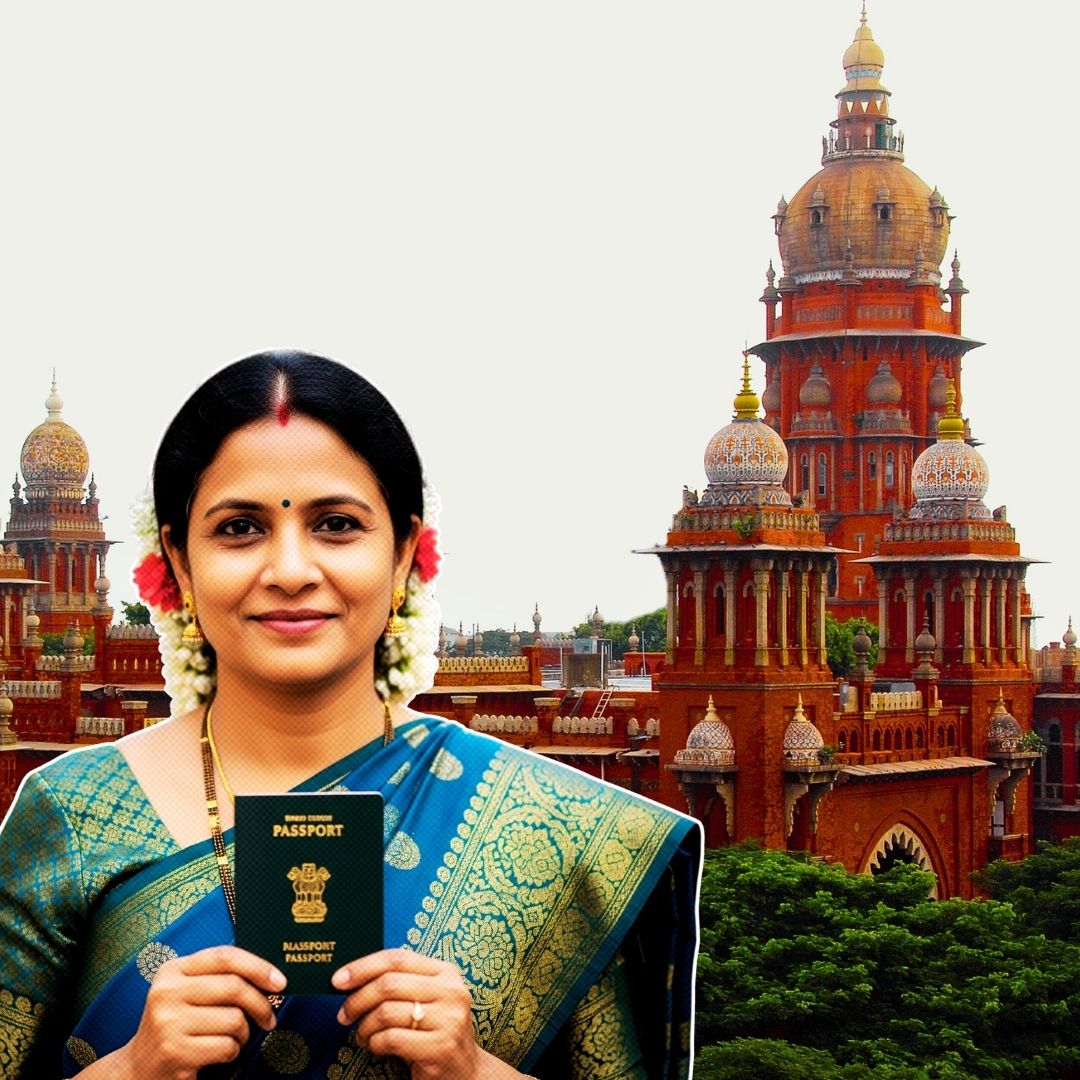The Madras High Court recently delivered a significant ruling asserting that women do not require their husbands’ permission or signature to apply for a passport. Justice N Anand Venkatesh condemned the demand for spousal consent as “male supremacism” and a reflection of outdated societal attitudes.
The judgment came after Revathy, a Chennai resident, faced delays at the Regional Passport Office (RPO) when officials insisted on her estranged husband’s signature amid an ongoing divorce case.
The court directed the RPO to process her application independently and issue the passport within four weeks, reinforcing a woman’s right to maintain individuality and legal autonomy after marriage.
Judicial Rejection of Patriarchal Administrative Practices
Justice Anand Venkatesh expressed his shock at the RPO’s insistence on a husband’s signature, highlighting that such a requirement treats married women as property rather than independent individuals. He described this practice as “nothing short of male supremacism” and emphasised that marriage does not erase a woman’s identity or rights.
The judge pointed out that expecting Revathy to obtain her husband’s signature, especially during a strained relationship and pending divorce proceedings, was unreasonable and legally unfounded. The court underscored that such administrative demands have no basis in law and only serve to undermine women’s emancipation.
Case Background and Legal Clarification
Revathy, who married in 2023, applied for a passport in April 2025 at the Chennai RPO. However, her application was stalled because officials required her husband’s signature on Form-J, citing the ongoing matrimonial dispute. This requirement effectively blocked her from obtaining a passport independently, compelling her to seek judicial intervention.
The High Court clarified that the law does not mandate spousal consent for passport applications and ordered the RPO to process and issue passports to women without requiring their husbands’ permission, even amid marital conflicts.
The Logical Indian’s Perspective
This ruling marks a crucial step toward affirming women’s autonomy and dismantling patriarchal norms that restrict their freedoms within marriage. By rejecting the outdated notion that a husband’s consent is necessary for a woman to exercise her legal rights, the judgment promotes gender equality and individual dignity.
It highlights the urgent need for government institutions to eliminate regressive practices that perpetuate male dominance and hinder women’s empowerment.










